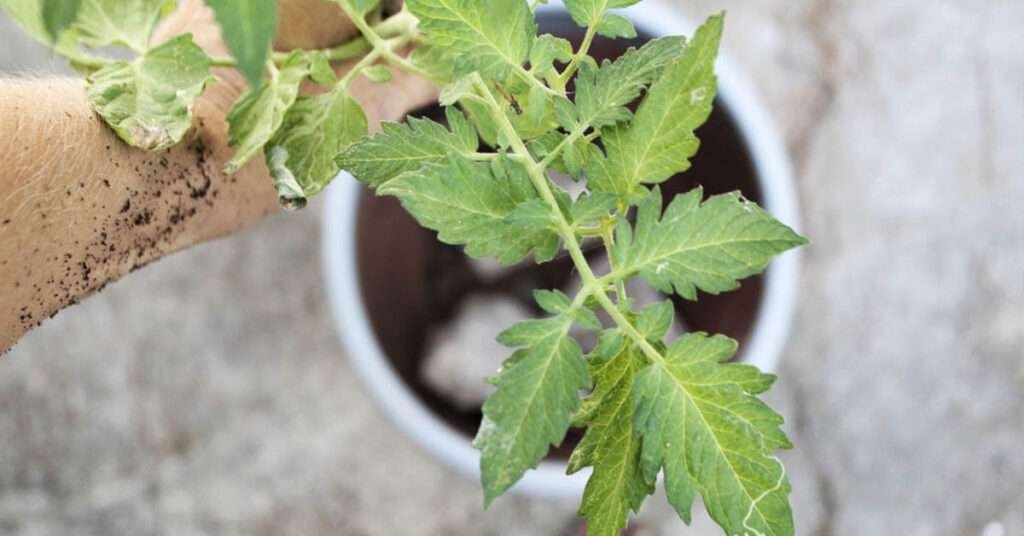Using Coffee Grounds as Fertilizer for Tomatoes
Who doesn’t love a good cup of coffee? It tastes great and can energize you for the day ahead. But did you know coffee can also help you grow healthy and plump tomatoes?
Next time you have your morning cup and are left with a pot of used grounds, don’t throw them out. Coffee grounds are chock full of vitamins and nutrients that tomatoes need to thrive. When you amend your tomato beds or containers with coffee grounds, you can boost your produce yield, naturally ward off pests and grow lush tomatoes in no time.
Coffee grounds have high levels of nitrogen, as well as magnesium, phosphorous, and copper, which tomatoes need to grow healthy and strong. Not only that, but tomatoes grow best in slightly acidic soil, ranging from between 6.0 and 6.8 on the pH scale and, coffee grounds, with their pH of 6.5 to 6.8, can help to bring soil into the ideal range that tomatoes need to thrive.
But the benefits of using coffee grounds as organic compost for tomatoes do not end there. Coffee grounds can attract beneficial earthworms, reduce weeds, aid in root and leaf development, improve soil structure and increase water retention.
Some studies even suggest that a sprinkling of coffee grounds around the base of your tomatoes can repel slugs, snails, and other garden pests. Better still, due to their naturally anti-microbial properties, coffee grounds can reduce or eliminate fungal infections, such as late blight, that can ravage your tomato crop.

Using coffee grounds as organic compost is incredibly simple. If you only have a small amount of grounds, simply add a spoonful to holes when planting new tomato starts, sprinkle a light coating on top of the soil around the base of your plant, or work grounds into the top 2 to 3 inches of soil around established plants.
Fertilizing your tomatoes in this way can be repeated twice a month and is particularly useful right before your tomatoes plants fruit.
Too much of a good thing can be damaging, and the same holds true for coffee grounds. Although they are great for tomatoes, grounds are high in nitrogen and quite dense and in large quantities can cause soil compaction and nutrient imbalance.
If you are using larger amounts of grounds, be sure to work them well into the soil or premix them with carbon-rich items, like dry leaves, wood chips, or straw, at a rate of 1 part coffee grounds to 4 parts carbon-rich material. If you have the time, consider composting your grounds before adding them to your tomato beds as their nutrient content becomes most readily accessible after composting.
If you find your tomatoes really enjoy coffee grounds, you don’t need to stop there. Old pots of coffee can be poured on beds after they are thoroughly cooled. Additionally, if you need larger quantities of grounds, many coffee shops are happy to give away used grounds for free.
For many gardeners, tomatoes are one of the most rewarding crops to grow, and, with their versatile and delicious fruit, it’s no wonder why. Using coffee grounds as a fertilizer is one of the easiest ways to ensure that you grow quality produce and get the most out of your tomato patch.
Best of all, as an all-natural fertilizer and pest control option, fertilizing with coffee grounds reduces the need for synthetic chemicals, making for a happier garden and a healthier tomato harvest for years to come.
Other Great Posts:
- Phoenix Tomato Plant care
- Sowing And Planting Tomatoes
- Growing Tomatoes From Seed
- Solar Fire Tomato Care






